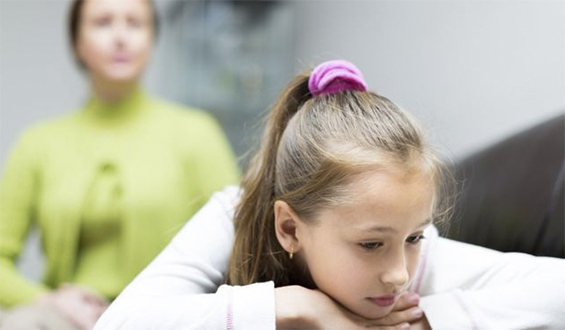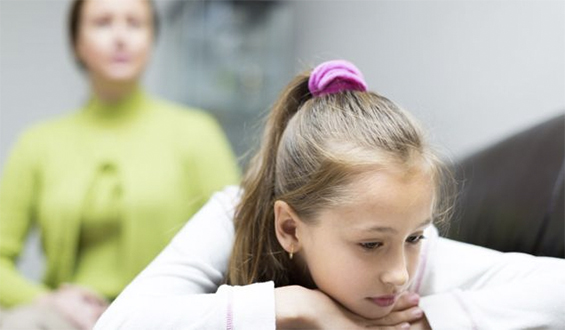
A poll in England has found that of over 1,100 parents surveyed, 55% had not spoken to their children about mental health issues such as depression, anxiety, and stress. Of those parents, 20% said they did not know how to broach the subject.
The results of the poll were released as part of a program funded by the British Department of Health to attempt to eliminate the stigma that is often associated with mental health conditions.
The BBC reports the poll of parents of children aged six to 18 was given by Opinion Matters, a market research company, on behalf of the Time to Change campaign and implemented by charities Mind and Rethink Mental Illness.
The poll revealed that 45% of parents believed they did not need to have a conversation about mental health because it “was not an issue.” But the campaign reports that one in 10 children will experience a mental health problem.
Sue Baker, the Director of Time to Change, said this is the time to be the generation of change. At least three children in every classroom will experience mental health problems, she notes.
A different survey released last month suggested that 62% of young people have used the internet to search for the word “depression.” The Children’s Commissioner for England, Anne Longfield, said youngsters on their own accord do not have the confidence to ask their doctor for help with mental issues.
Kate Pickles of the Daily Mail said experts have warned that kids are under increasing stress, which includes social media pressure, cyber-bullying, school expectations, and even early “sexualization.” Cases of depression, problems in social settings, and anxiety have risen a fifth based on statistics that report the number of cases occurring.
Recent studies have also found that two-thirds of teachers are concerned about their students’ mental health. In some circumstances, young people have stopped being with friends, attending school, and having close relationships. In extreme cases, the stigma has driven children to consider suicide.
As a result of the poll, teachers in the UK are scheduled to receive extra training on how to help students with mental health issues. Thanks to the Time to Change campaign, 60 schools in England, with help from the charity YoungMinds, will be given training and free resources to work with secondary school students (ages 11 through 18). Young people who have had mental health problems will also make presentations concerning their experience of living with the illness, writes Eleanor Busby of TES.
Two advertisements have been developed as part of the campaign aimed at 14-18-year-olds and their mothers and fathers. The first illustrates how young people should think before they judge a friend or classmate who is going through mental health problems. The second encourages parents to be prepared to have the mental health conversation with their children.
Nadine Peacock, a mother of a 19-year-old daughter, came to believe that the topic should be discussed in school and by parents after her daughter experienced mental health issues. Peacock said:
“My biggest piece of advice, make mental health part of everyday conversation with your child. Even if your child isn’t experiencing any issues, if something does crop up further down the line at least then they feel like they can have an open conversation with you about it.
“There also needs to be more education around the topic at school; the more openly this is discussed in the classroom, the less of a taboo mental health will be.”




